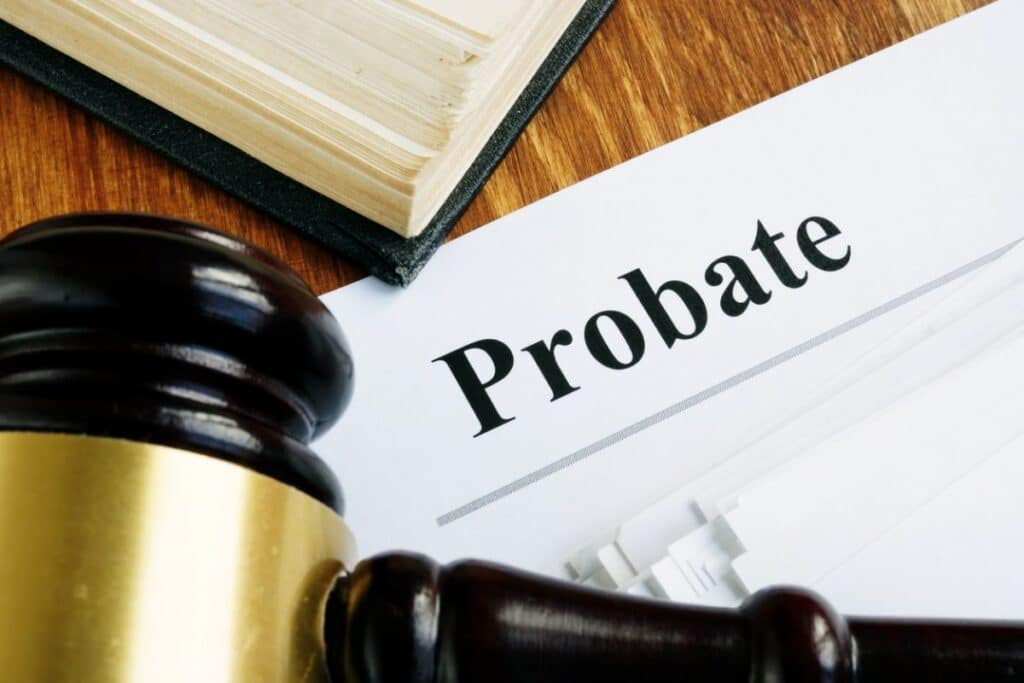Everyone says to avoid probate – but why? “Probate is the general administration of a deceased person’s will or the estate of a deceased person without a will.” Your assets are distributed through probate to your named beneficiaries, and other estate details are settled after your death.
Probate is a lengthy, costly, and often complex process that many Virginia residents would just as soon avoid. But how can you avoid probate? Are there ways to avoid probate?
Promise Law in Newport News can help you with Estate Planning tactics that will avoid the probate process. Let’s look at a few.
Joint Ownership
If you own property jointly with someone else, the property will pass to the surviving owner(s) without going through probate. This is often called Joint Tenancy and can be done with real estate, bank accounts, brokerage accounts, businesses, and other assets.
However, joint tenancy can present some problems while you are still living. Both parties own any debt on the asset, one party cannot sell the asset without the permission of the other, and divorce or other marital problems can cause issues.
Living Trusts
A living trust is a legal document allowing you to transfer assets to a trust while you live. You can name yourself as the trustee and manage the assets as you see fit. When you pass away, the assets in the trust pass to your beneficiaries without going through probate.
Beneficiary Designations
Some types of assets allow you to name a beneficiary. When you pass away, the assets go directly to the beneficiary without going through probate. These can include the following:
- Individual retirement accounts (IRAs)
- 401(k) plans
- Annuities
- Life insurance policies
- Bank accounts or investment accounts with transfer on death (TOD) and payable on death (POD) designations
Payable-on-Death Accounts
Bank accounts, CDs, and other financial accounts can be set up as payable-on-death accounts. This means that when you pass away, the account goes directly to the named beneficiary without going through probate.
Transfer-on-Death Deeds
Real estate and other property types can be transferred using a transfer-on-death deed. This means that the property goes directly to the named beneficiary when you pass away without going through probate.
Transfer-on-Death Registration for Vehicles
Virginia allows transfer-on-death registration of vehicles. If you register your vehicle this way, your named beneficiary will automatically inherit the vehicle after your death. No probate court proceeding will be necessary.
Virginia’s Small-Estate Shortcut
Small estates in Virginia may be able to avoid probate altogether if they meet certain requirements:
- The value of the entire estate can’t exceed $50,000
- At least 60 days have elapsed since the owner’s death
- A will must have been filed with the court
- No application to appoint a personal representative is pending or has been granted in any jurisdiction
Some other restrictions apply. You should consult with a Virginia Estate Planning and Probate Attorney from Promise Law for more details.
Note: In some cases, probate may still be necessary even if you take steps to avoid it. For example, if you have debts that need to be paid, a probate court may need to be involved to ensure that creditors are paid before assets are distributed to beneficiaries.
We Can Help Avoid Probate
If you’re unsure whether you can avoid probate, it’s best to consult with one of our Estate Planning attorneys. They can help you understand your options and determine your situation’s best course of action.
Avoiding probate in Virginia is possible with the right planning. Promise Law offers a helpful Probate and Administration Workshop. This virtual presentation deals with big probate issues and offers seasoned advice on avoiding them with estate planning. Call today or register online to enjoy this workshop and get a head start on planning for the future.




